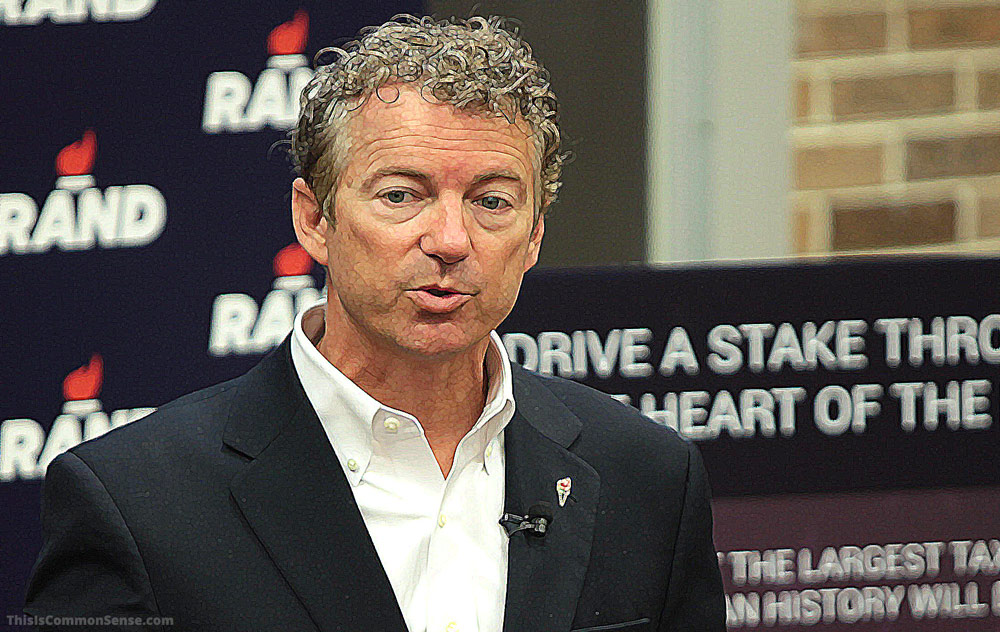“YouTube — Google, one of the largest, most powerful companies on the planet — has just censored political discourse from a U.S. senator on the Senate floor,” reports independent, online journalist Tim Pool.
The case refers to the alleged “whistleblower” Eric Ciaramella, around whom hangs a sort of hush-hush infamy regarding the Ukraine phone call that became the centerpiece of the Democrat’s impeachment of Donald Trump. YouTube, under a self-imposed/tribe-imposed gag order not to mention the man’s name, takes down all videos that dare breach this rule. YouTube just took down a C-Span video featuring Senator Rand Paul discussing Mr. Ciaramella on the Senate floor — in which he defended whistleblower protections, but notes that they do not enforce anonymity.*
“Think about how dangerous that will be.”
“It is a chilling and disturbing day in America when giant web companies such as YouTube decide to censure [sic] speech,” the senator was quoted in The Washington Examiner after YouTube removed the clip. “Now, even protected speech, such as that of a senator on the Senate floor, can be blocked from getting to the American people.”
Rand Paul has been demanding full disclosure of possible conspiracy on the part of Ciaramella — working with Representative Adam Schiff, who led the impeachment push — but has not been getting very far. During the Senate impeachment trial, presiding officer Chief Justice Roberts declined to read a question (“as written”) by the senator that had specified the Unnamable Name without identifying him as the “whistleblower.”
Google is free to play censor, of course, but who wants an information age without the information?
This is Common Sense. I’m Paul Jacob.
* The senator also expressed some incredulity about the near-universal proclamations in support of whistleblower laws, calling Edward Snowden “the greatest whistleblower of all-time” but noting that half the Senate wanted Snowden put to death and the other half to plunk him “in jail forever. So it depends on what you blow the whistle on whether or not they’re for the whistleblower statute.”

—
See all recent commentary (simplified and organized)
